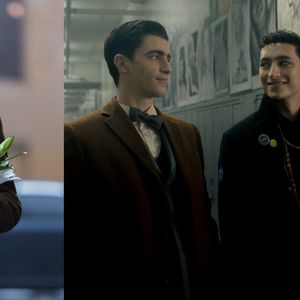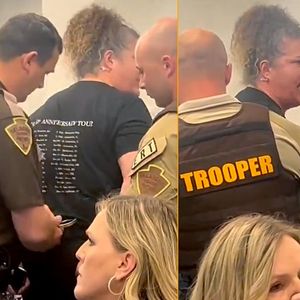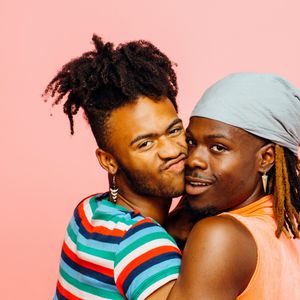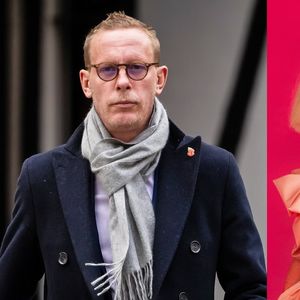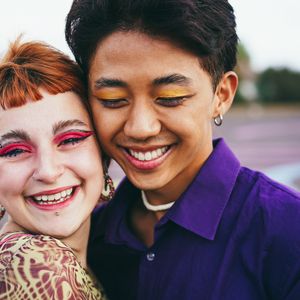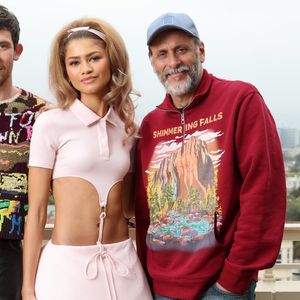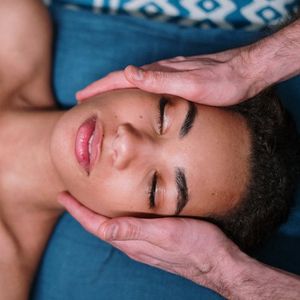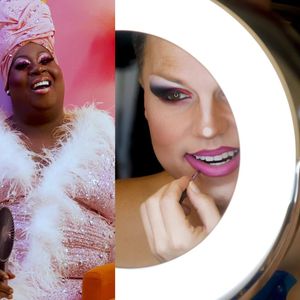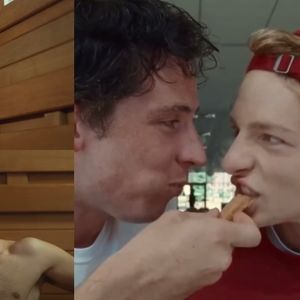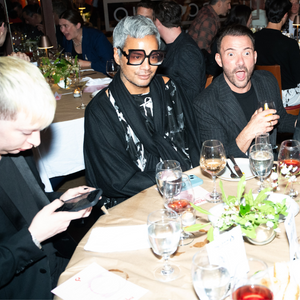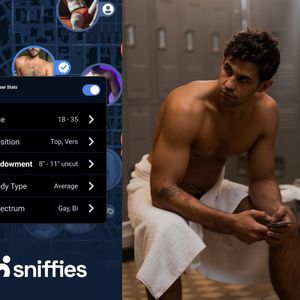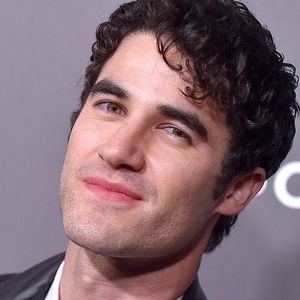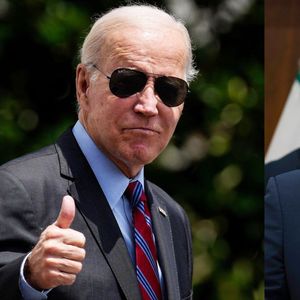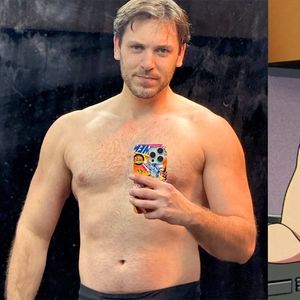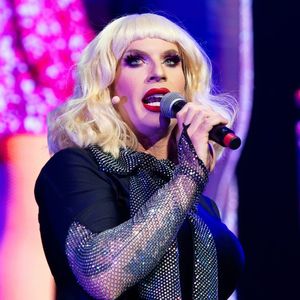The half-dozen
lobbyists who crowded into a lawmaker's office in
Sacramento recently didn't come bearing campaign cash or
votes to swap. Instead, they recounted tales of high
school torment as fresh as their faces.
Ignacio Pitalua, 19, spoke about having a trash
can dumped on him by boys who suspected he was gay.
''It's a big obstacle to learning,'' Pitalua said,
pressing Assemblyman Curren Price to cosponsor a bill that
sets specific requirements for schools to stem antigay
discrimination.
Young people,
some barely in their teens, are becoming the gay rights
movement's newest ambassadors at statehouses from Olympia,
Wash., to Montpelier, Vt. Their advocacy, unheard of
as recently as a decade ago, reflects the slowly
growing acceptance that is emboldening gays and
lesbians to come out of the closet while they are coming of
age.
Veteran activists
credit the political participation of gay youths, their
straight friends, and children of same-sex parents with a
string of recent legislative victories, including last
month's passage of an anti-bullying bill that provides
specific protections for gay and lesbian students
in Iowa.
The law's
adoption came after the Iowa Pride Network issued a report
saying more than 83% of the state's gay, lesbian, and
transgender students said they had been verbally
harassed because of their sexual orientation.
''We kept getting
comments from legislators of 'There aren't gay kids in
Iowa, this is an East and West coast problem,''' said Ryan
Roemerman, the network's director.
The group also
arranged a news conference attended by Iowa's lieutenant
governor and three students who provided firsthand accounts
of discrimination. They included a girl who was kicked
out of her Roman Catholic high school after she came
out as a lesbian, and another who said she wasn't
allowed into the locker room to change with other girls.
Brad Anderson,
spokesman for Iowa governor Chet Culver, said the
organized lobbying effort, which also included a
1,000-person rally at Drake University, was
''absolutely critical'' in getting the legislation
approved. ''They added a loud voice, just physically being
in the Capitol, and you saw them working all hours of
the day lobbying to get this stuff passed,'' Anderson
said.
Lluvia
Mulvaney-Stanak, director of Outright Vermont, thinks young
people have an advantage when it comes to persuading
lawmakers, especially hostile ones, to hear them out.
Painful stories of isolation may remind hardened
politicians of their own children or awkward adolescence,
she said.
''Young people,
no matter who they are, command this really tangible
sense of empathy with adults. We've all been there,''
Mulvaney-Stanak said. ''Maybe we were geeks or the
athletes, but when it comes to victims of bullying and
harassment, everyone has had a role in that cycle.''
Yet the most
effective spokespeople are not necessarily gay youths but
the straight students who have joined with them to form more
than 2,500 high school gay-straight alliances across
the country since the early 1990s.
Carolyn Lamb,
director of California's Gay-Straight Alliance Network,
estimates that up to 40% of the 400 high school and college
students recently bused to Sacramento for Queer Youth
Advocacy Day were not gay, lesbian, or transgender.
''Most of the adult-driven [gay] civil rights work
doesn't have such large numbers of straight allies who see
it as a civil rights cause,'' she observed.
Children with gay
or lesbian parents also have been instrumental in
building support for same-sex marriage, said Meredith
Fenton, national program director with Children of
Lesbians and Gays Everywhere. ''For someone who isn't
sure how they feel about gay people, when they are
hearing a message about supporting an LGBT family from
someone who is really impacted by homophobia even
though they are not gay themselves, they can really
hear and receive that message in a different way,''
Fenton said.
While previous
generations waited well into adulthood before identifying
themselves as gay, the average age at which gay children
came out to friends and families in 2005 was 13 years
and four months, according to Caitlin Ryan, a San
Francisco State University researcher who studies the
social and psychological development of gay youths.
''There were
never historically any positive role models for LGBT young
people,'' Ryan said. ''Now, of course, we see more and more
young people coming out because there are ways for
them to be who they are, to socialize and live their
lives as adolescents instead of coming out as an adult
and then going back to live your adolescence.'' (Lisa Leff,
AP)


































